Our Teams
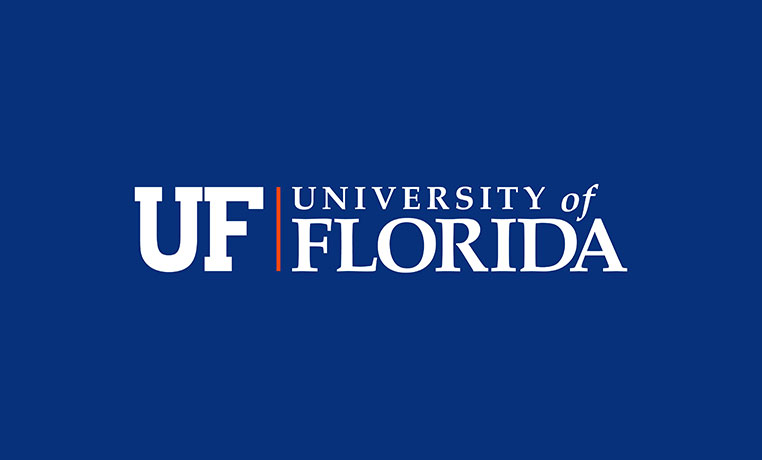
University of Florida
ALTER-Math is designed to accelerate middle school students’ math learning by providing a scalable, AI-augmented environment that promotes active engagement. It’s an AI system powered by a large language model that simulates fictional students with educational needs, prompting real students to tutor them. Unlike traditional AI systems, ALTER-Math takes on the role of a student in need, prompting learners to explain concepts and guide problem-solving. This approach encourages students to learn by teaching, transforming students’ roles from passive learners to active teachers.
Learn More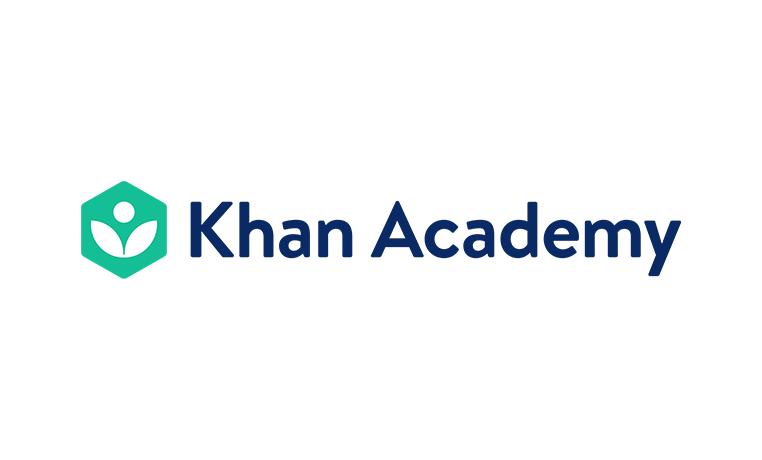
Khan Academy
Khan Academy is personalizing Khanmigo, an AI-powered, chat-based tutor and set of activities, by combining the existing chat functionality with data about learners and classrooms. The student experience balances providing grade level practice with closing prerequisite gaps, while supporting teacher and student choice. This will give students the support they need to accelerate their rate of mastery of grade-level skills.
Learn More
Carnegie Mellon University
Carnegie Mellon University is creating a hybrid human-AI tutoring system that gives each student the necessary amount of tutoring based on their individual needs. The project builds on decades of learning science research through cutting-edge tutor training and an AI-powered app that gives tutors ‘superhuman’ power, allowing them to reach all students rapidly and effectively. Using the app, tutors can access students’ data to personalize learning in real time and provide motivational support.
Learn More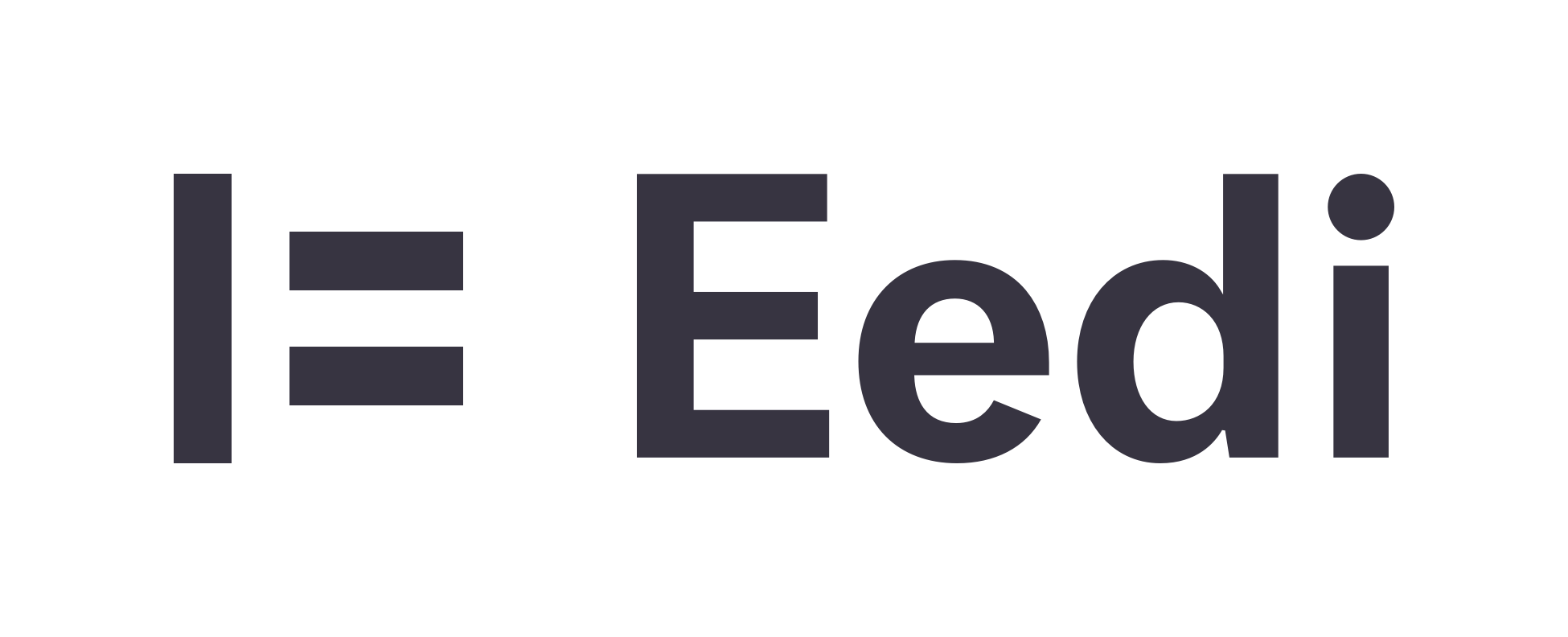
Eedi
Building upon the existing Eedi platform, the team is identifying patterns in students’ mistakes to make recommendations about next steps. Using this “misconception map,” the Eedi team can infer the “best” misconception for a student to address next and recommend appropriate interventions, including:
1) Digital lessons that address latent misconceptions;
2) 1:1 human tutoring based on the student’s misconceptions analytics; and
3) Instant webinars to address misconceptions shared by a group of online students. By integrating optimized digital lessons with variable-dose human tutoring, the team is maximizing intervention capacity whilst retaining scalability.
Learn More
Carnegie Learning
Carnegie Learning is creating the first adaptive, interactive video streaming program where rock-star math teachers deliver targeted instruction to students in a fun, engaging, game-based environment.
The project uses machine learning, advanced video technology, and affect detection, allowing rock-star teachers to come alive while students complete problems, improving both motivation and academic learning outcomes.
Learn More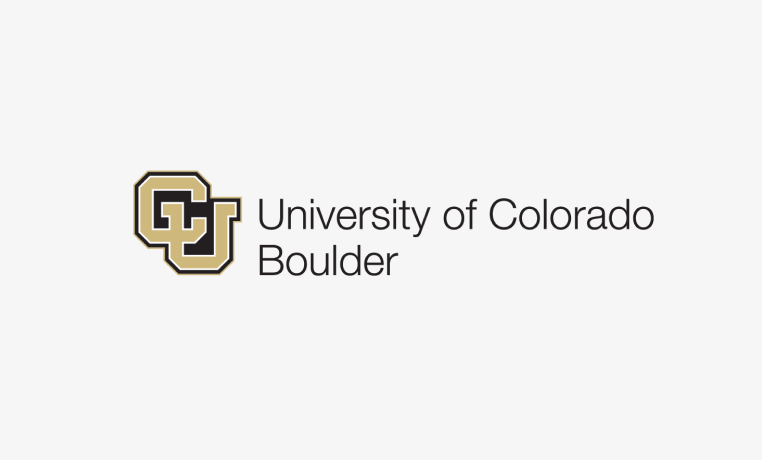
University of Colorado Boulder
The University of Colorado Boulder aims to bring together the best of what human tutoring and AI have to offer. Drawing on the profound benefits of a human tutor, the platform recommends challenging tasks, facilitates rich discussions, fosters relationships among students and tutors, provides feedback and guidance, and promotes collaborative learning.
Using learning engineering methods, the project aims to rapidly transform tutoring from a one-on-one, human or technical solution to a multimodal, multi-party, human and computer synergy, reaching over 275,000 diverse, low-income students within 5 years.
Learn More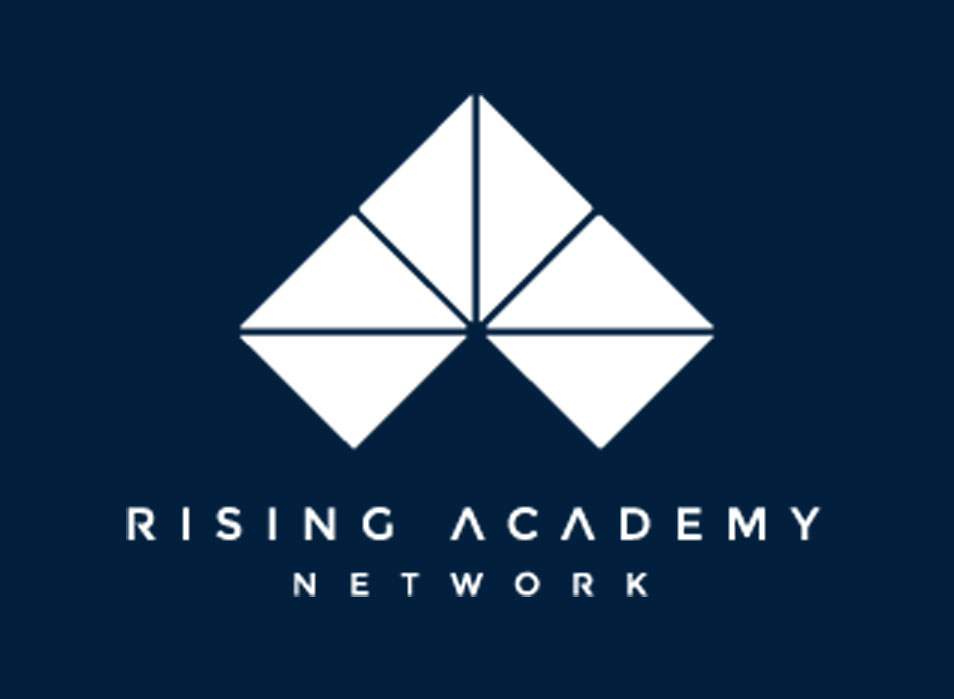
Rising Academy Network
Rori is a math tutor chatbot built for low-literacy, low-income students in Africa to build their foundational math skills through a ubiquitous communication channel: WhatsApp. Rori’s goal is to bring cutting-edge technology, using natural language processing, machine learning, and artificial intelligence, wrapped inside a user-friendly WhatsApp bot to the students who need it most: children without access to great schools and foundational numeracy skills.
Learn More